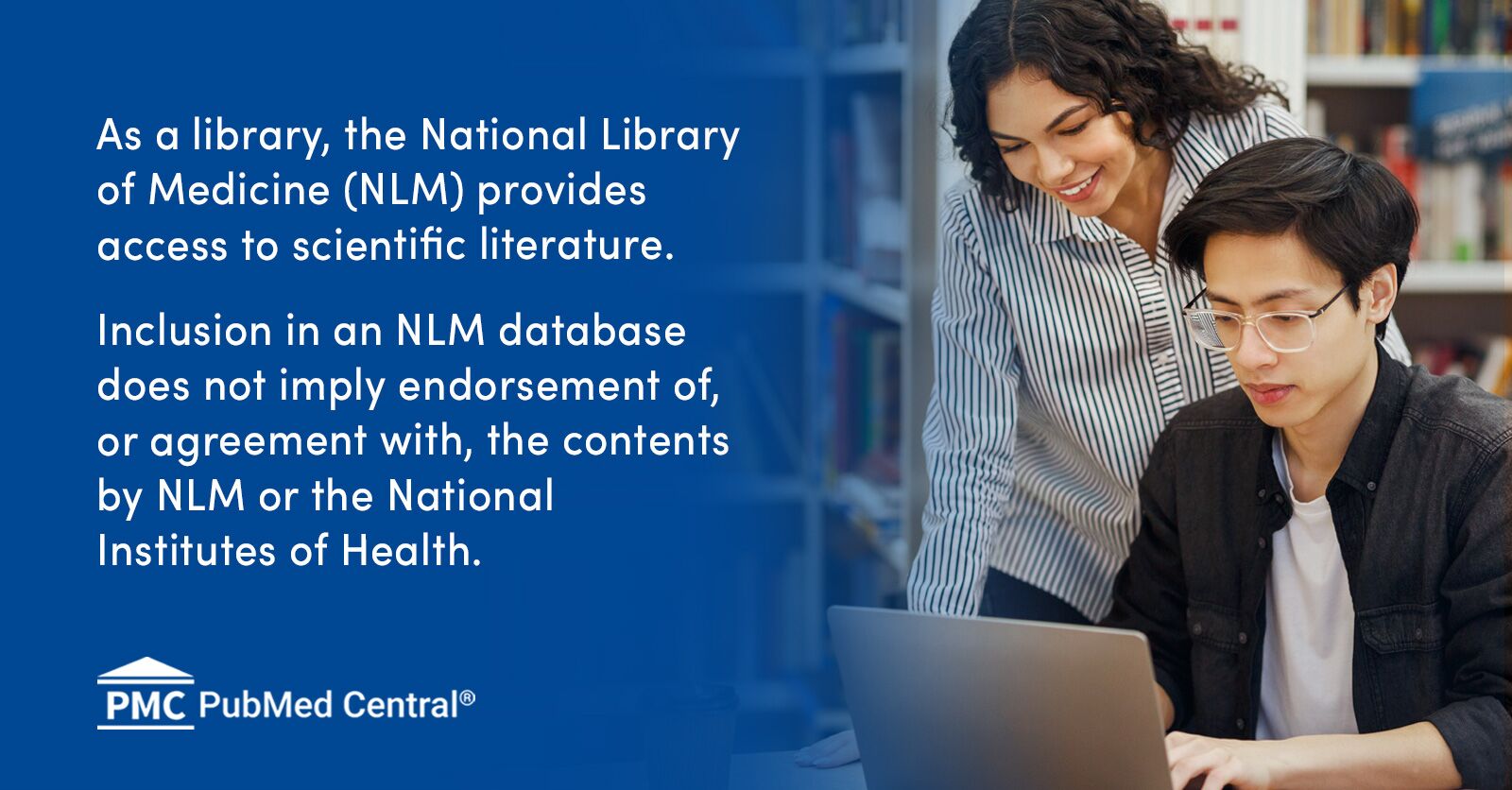Pasibrzuch
Level 6 Valued Member
Hello!
Recently I've been experimenting with fasting. I don't follow any specific protocol, but I made a huge step from I-will-burn-my-muscles kind of person, to doing my morning training with no breakfast before. My relationship with food feels better, I'm no longer stressing out if I don't eat a meal at a particular time of the day.
I wanted to give one 24h fast per week a chance. Yesterday, I drank only water and ate some active charcoal. In the middle of the day a headache started, focus was lowered, bad mood overwhelmed me. Even today I feel groggy enough to skip my training session.
I wanted to ask if longer fasting periods are something you need to ease into and start from shorter periods of fast? Or the aforementioned symptoms are just something that comes with it and the benefits can be felt only long-term?
If goals matter, my point is to train the ability to think clearly and operate with scarce food resources, so one day I can spend a solitary day in the forest with just water (they call it dopamine fasting nowadays, if I'm right.)
Thank you in advance!
Recently I've been experimenting with fasting. I don't follow any specific protocol, but I made a huge step from I-will-burn-my-muscles kind of person, to doing my morning training with no breakfast before. My relationship with food feels better, I'm no longer stressing out if I don't eat a meal at a particular time of the day.
I wanted to give one 24h fast per week a chance. Yesterday, I drank only water and ate some active charcoal. In the middle of the day a headache started, focus was lowered, bad mood overwhelmed me. Even today I feel groggy enough to skip my training session.
I wanted to ask if longer fasting periods are something you need to ease into and start from shorter periods of fast? Or the aforementioned symptoms are just something that comes with it and the benefits can be felt only long-term?
If goals matter, my point is to train the ability to think clearly and operate with scarce food resources, so one day I can spend a solitary day in the forest with just water (they call it dopamine fasting nowadays, if I'm right.)
Thank you in advance!


